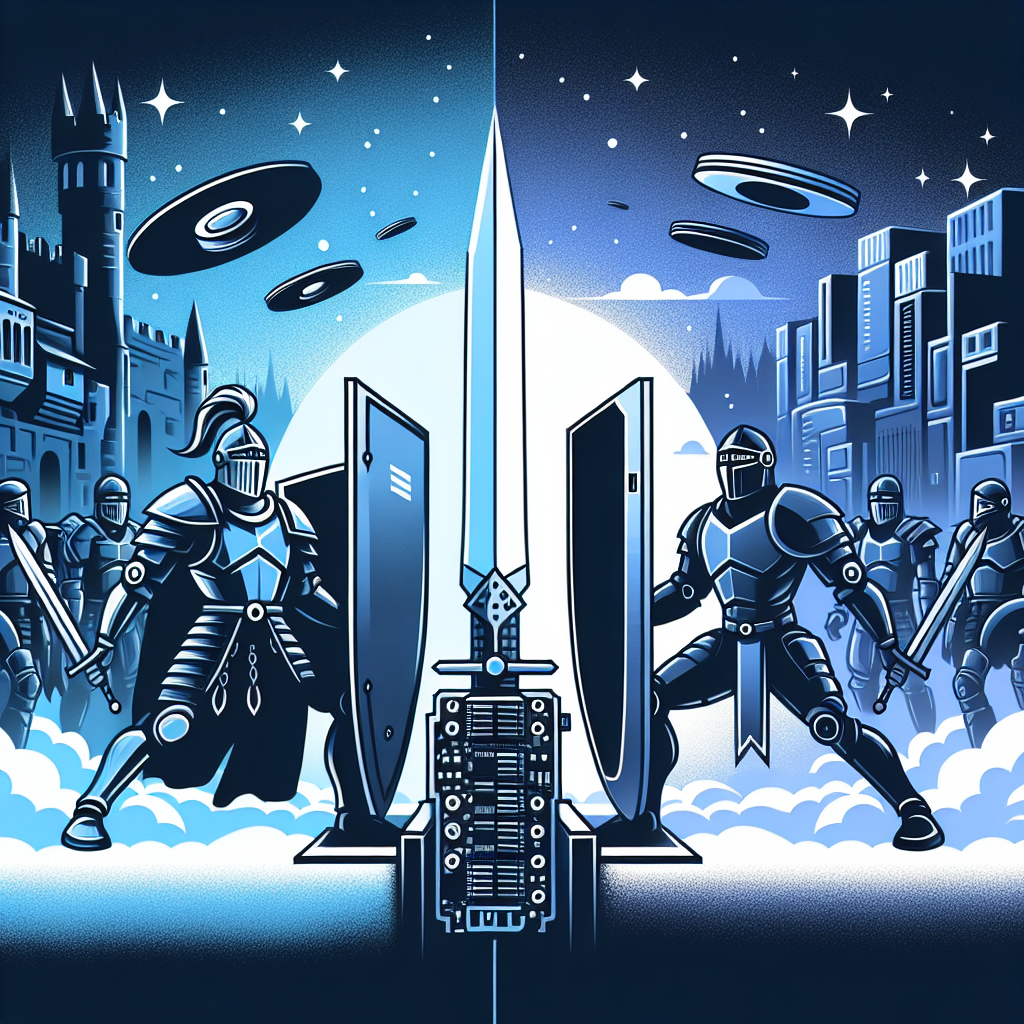In the world of data storage, there is an ongoing battle between traditional disk drives and newer solid-state drives (SSDs). Both technologies have their advantages and disadvantages, and choosing the right option for your needs can be a difficult decision. In this article, we will compare disk drives and SSDs to help you make an informed choice.
Disk drives, also known as hard disk drives (HDDs), have been around for decades and are the most common form of storage in computers. They use spinning magnetic disks to store data, with a read/write head that moves across the disk surface to access information. Disk drives are relatively inexpensive and offer high storage capacities, making them a popular choice for storing large amounts of data.
However, disk drives are also prone to mechanical failures and are slower than SSDs. The spinning disks and moving read/write head can cause delays in accessing data, especially for larger files or when multitasking. In addition, disk drives are more susceptible to damage from physical shocks or drops, which can result in data loss.
On the other hand, SSDs are a newer form of storage that use flash memory to store data. This means that there are no moving parts, resulting in faster read and write speeds compared to disk drives. SSDs are also more durable and reliable, as they are not affected by physical shocks or drops. This makes them a great choice for laptops and other portable devices.
However, SSDs are typically more expensive than disk drives and offer lower storage capacities. This can be a significant drawback for users who need to store large amounts of data. Additionally, SSDs have a limited lifespan in terms of read/write cycles, which means they may need to be replaced sooner than disk drives.
In conclusion, the choice between disk drives and SSDs ultimately comes down to your specific needs and budget. If you require high storage capacities at a lower cost, disk drives may be the best option for you. However, if speed, durability, and reliability are more important factors, then an SSD may be the better choice.
Ultimately, both technologies have their own strengths and weaknesses, and it is important to weigh these factors carefully when making a decision. Whichever option you choose, it is important to regularly back up your data to prevent loss in the event of a storage failure.


Leave a Reply